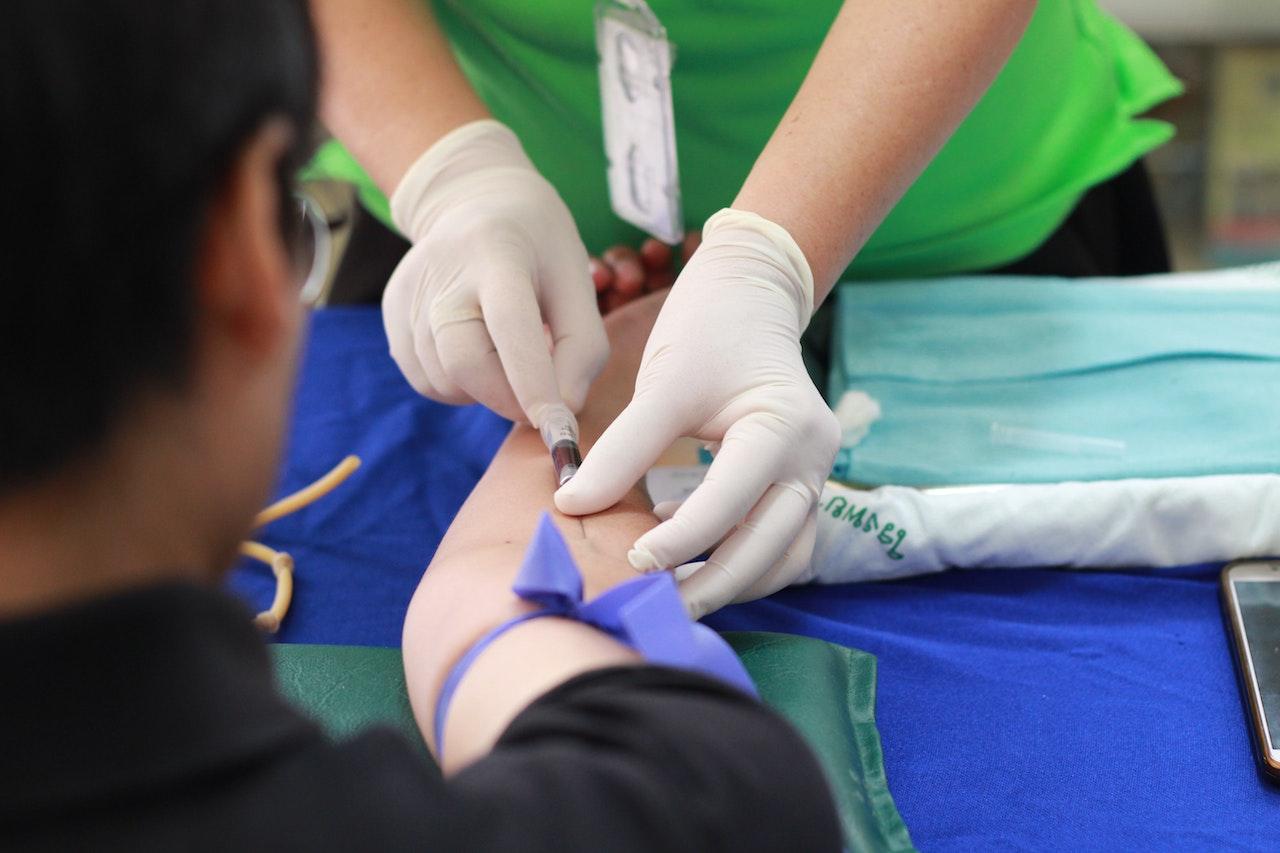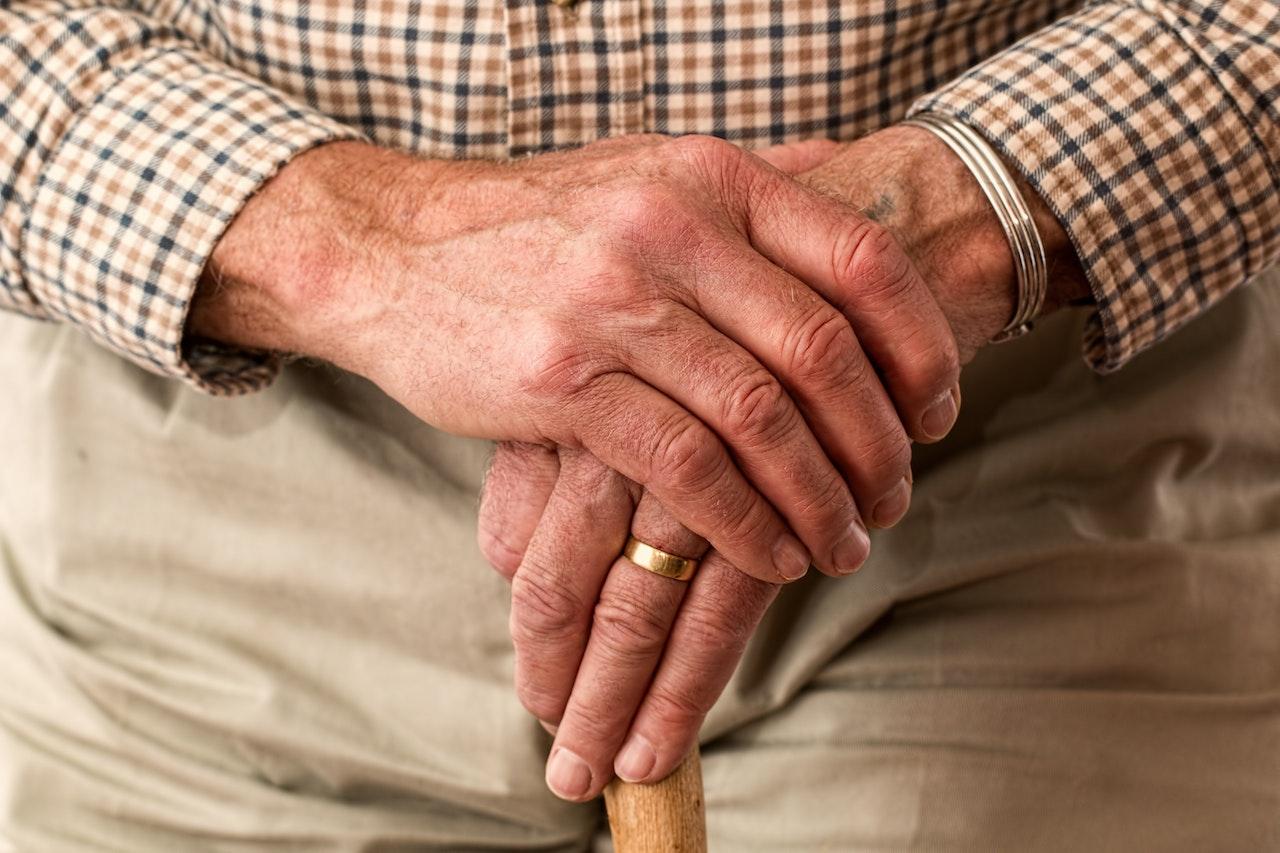Health care jobs are in high demand right now, with the Bureau of Labor Statistics projecting 13 percent growth for the industry before 2031. There are lots of jobs you can get in the health care sector, and you don’t have to go to medical school to qualify for most of them.
For example, professionals like home health aides, respiratory therapists, or licensed practical nurses (LPNs) don’t have to go to medical school to qualify for their jobs. There are lots of positions in a hospital or clinic that aren’t “doctor.” You can get a great-paying job in the medical field, and in many cases, you can do it with less than two years of training. Take a look at some of these health care jobs.
Table of Contents
1) Home Health Aide
Home health aides help elderly, ill, or disabled people with activities of daily living, such as bathing and dressing, preparing food and eating, walking, going to the toilet, and getting up from furniture. Home health aides might also do light housekeeping, such as changing bedsheets, and shopping. They may keep the patient company and help them do exercises. They may make sure patients take medication correctly and take vital signs.
Demand for home health aides is going to grow as more older folks need in-home help. You need a high school diploma to work as a home health aide and you can expect to make an average of $27,080.
2) Medical Assistant
Another excellent career choice to consider is becoming a medical assistant. As with any profession, there are specific prerequisites that must be fulfilled before embarking on this career path. Prior to commencing your journey as a medical assistant, it is crucial to thoroughly review the medical assistant requirements. By familiarizing yourself with the necessary qualifications and tasks involved, you can confidently prepare for and pursue a successful career as a medical assistant.
Medical assistants greet patients, get them ready to be examined, collect samples for lab tests, and help patients through exams. They may also take blood, change wound dressings, or take out sutures. They might perform certain tests, administer medication under the supervision of a doctor, and give patients instructions. They may also do administrative work – filling out forms, answering phones, scheduling appointments, updating patient medical records, and addressing billing concerns. You can train to be a medical assistant in a non-degree program or an associate’s degree program like the Medical Assistant program at Allen School. It will take you nine months to two years to train for this career, and you can earn an average of $39,003.
3) Respiratory Therapist
A respiratory therapist (RT) works closely with a physician to care for patients with cardiopulmonary and pulmonary issues, like lung injuries and diseases. You’ll be caring for people with asthma, emphysema, bronchitis, chest injuries, pneumonia, and other respiratory issues. You’ll administer medications and breathing treatments, test lung function, administer manual ventilation and oxygen therapy, and perform therapeutic medical procedures to bring relief to patients suffering from diseases or injuries of the lungs. You’ll need an associate’s degree to work as an RT, and you can make $62,810 on average.
4) Diagnostic Medical Sonographer
Diagnostic medical sonographers, also known simply as sonographers, use sonography to help doctors look at what’s going on inside patients’ bodies. You’ll use imaging equipment to create ultrasound images. You might monitor a fetus during development or take ultrasounds of organs to check them for signs of disease. To do this job, you’ll need an associate’s degree. You can make an average of $75,920 as a sonographer.
5) Licensed Practical Nurse
If you don’t want to commit to a bachelor’s degree in nursing to become a registered nurse (RN), you can become a licensed practice nurse (LPN) with a nursing certificate from an accredited community college that usually takes about a year to get. LPNs make about $48,820 a year, making this one of the best medical jobs you can get without a degree.
LPNs help patients with bathing, eating, and drinking. They may take a patient’s blood pressure, record his or her vital signs, dress wounds, and administer some types of medication. You will also have to work with nurses and doctors to communicate any changes in the patient’s condition or behavior and may have to give patients instructions on how to take medication, what lifestyle changes they will need to make, and what they need to do at home to speed recovery.
Are you looking to make a career change? Do you want to help others and earn a great wage, without spending years in school? There are many great-paying jobs in the health care sector you can get without a degree, or with only a two-year degree. The health care sector is adding jobs faster than average, and you could be on the brink of a long and lucrative, fulfilling career.
Also, Read – When Does It Make Sense to Rent?




